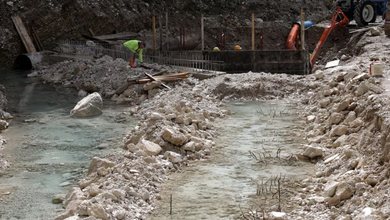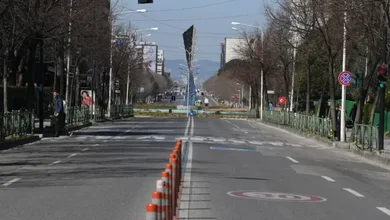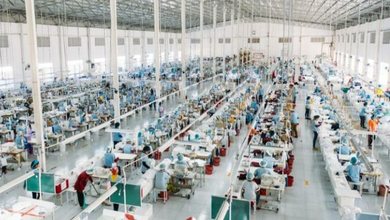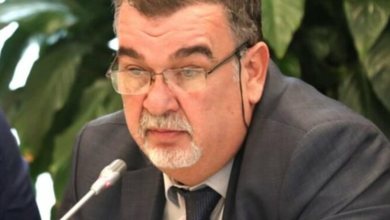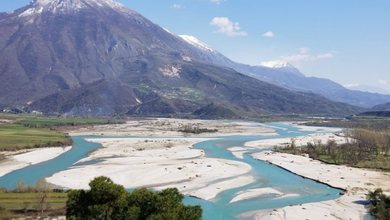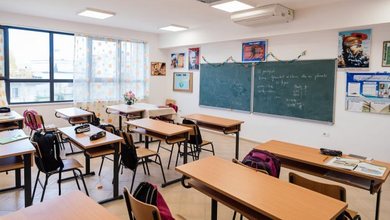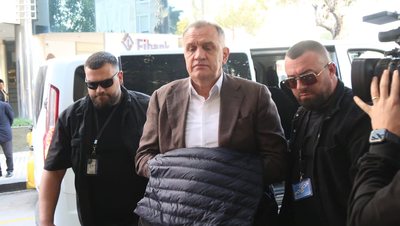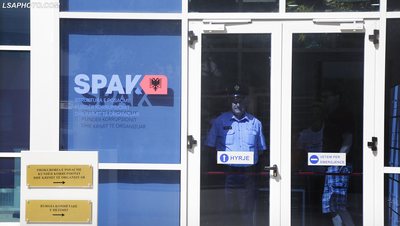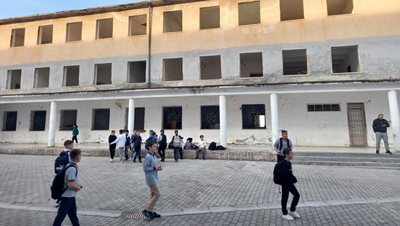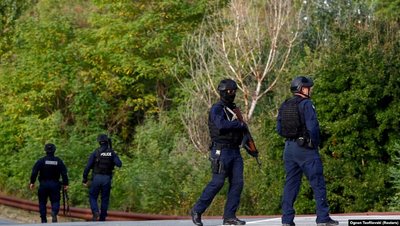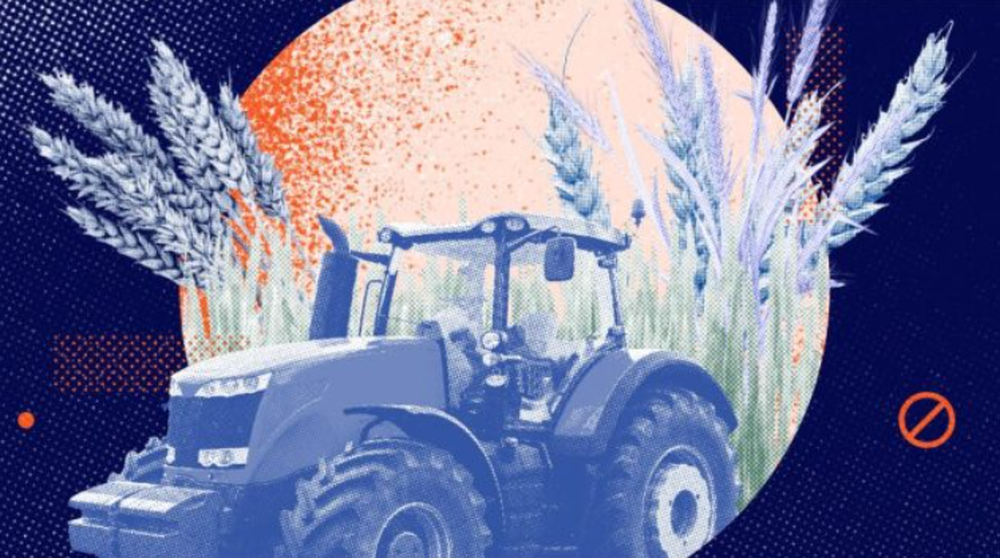
Nearly two years after the investigative report on the possible misuse of European Union funds intended for agriculture in Albania, the European Anti-Fraud Office (OLAF) has confirmed that the investigations have uncovered irregularities in the implementation of the IPARD program.
In a special interview with “Monitor”, Salla Saastamoinen, Deputy Director General of OLAF, said that “33 million euros of funds have been identified as potentially used inappropriately” and that “as a result, the European Commission decided to freeze IPARD funds for Albania, totaling 112 million euros, until the necessary measures are taken.”
"We, as the European Anti-Fraud Office, follow European Union money wherever it goes, including outside the territory of the Union, in candidate countries like Albania," Saastamoinen told Monitor.
According to her, the investigation aimed to identify whether there was misuse of IPARD funds, which aim to support rural development and modernize Albanian agriculture. “We investigated and found evidence that there were irregularities,” she stressed.
The OLAF report sent financial recommendations and legal findings to the European Commission, but the implementation of the measures is in the hands of the competent EU authorities and the Albanian government.
“We are not the ones who implement the sanctions. Our role is to give recommendations and ensure that Union funds are protected. For this reason, the Directorate-General for Agriculture in the European Commission decided to freeze the funds until Albania takes the appropriate steps,” explained Saastamoinen.
Measures taken in Albania
Following the publication of the findings, the Agency for Agricultural and Rural Development (AZHBR) has initiated procedures to recover funds from beneficiaries that resulted in violations. According to public records, dozens of businesses have been asked to return IPARD grants, while in some specific cases documents have been sent for legal prosecution.
At the same time, Albania has adopted the National Anti-Fraud Strategy, a document drafted in cooperation with OLAF.
“We have provided feedback on the importance of risk assessment and the establishment of channels for reporting irregularities. We are pleased that these elements have been reflected in the final version,” Saastamoinen told Monitor.
According to her, cooperation with Albanian authorities “has been improving.” At first, she explained, there was uncertainty regarding investigative powers and procedures, but now communication is clearer and Albanian structures are providing support on the ground.
The IPARD II program, with a total fund of 112 million euros, was among the main instruments of the European Union to support rural development and Albanian agriculture. OLAF investigations have revealed irregularities in the way the grants were awarded, including suspicions of manipulated contracts and the use of funds for purposes outside the established criteria. /Monitor/




